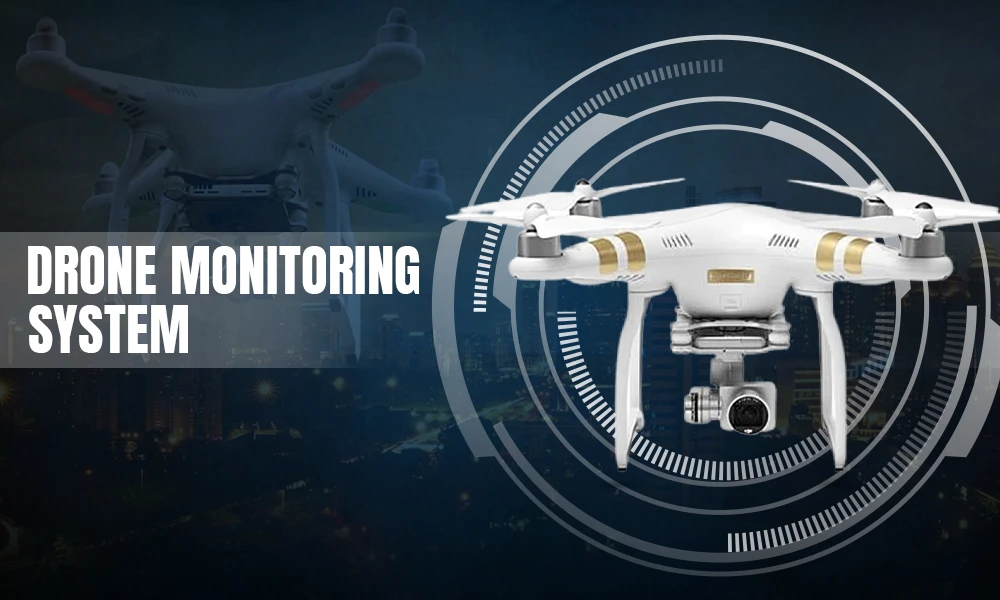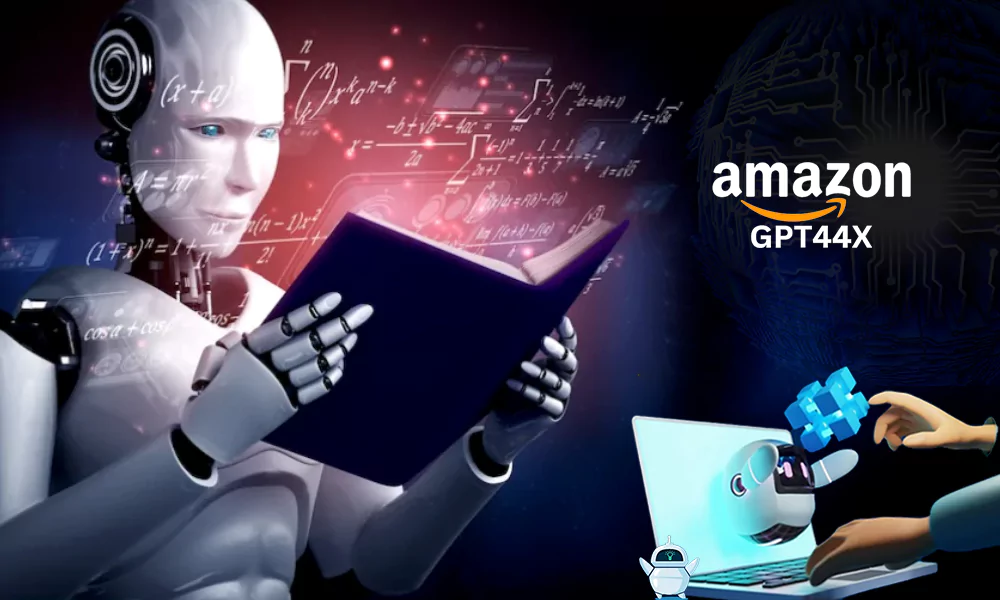Understanding the Concept of Smart Contracts

Smart contracts revolutionized the digital asset industry when they were first proposed in 1994. They are computer protocols that facilitate secure money transfers between parties under pre-agreed terms and conditions, with instructions written into their code for execution. Bitcoin’s blockchain technology enabled these transactions to occur without third-party involvement, verifying each transaction within a public ledger stored over multiple nodes on the Internet.
Functionality
Smart contracts are a way of making sure that an agreement is being followed. They work by taking in information, assigning a value with an algorithm, and then executing code based on the initial conditions. They can also be used as multi-party agreements where an event occurs if two or more parties agree on whether or not said event happens
Smart contracts usually contain codes related to transferring money from person A to person B over certain conditions met or not met, depending on whether or not an outcome is reached for something like a bet or escrow. Smart contracts run on thousands of computers simultaneously, unlike regular programs, and are difficult to hack as they need most computers to agree with a change. Only those that have been assigned as validators can run them effectively since they have 100% control over all subsequent transactions.
Potential of Smart Contracts
Smart contracts have yet to unlock their massive potential, but the implications of this technology are exhilarating. As technologies continue to progress rapidly, smart contract applications could revolutionize connectivity among IoT devices – automating agreements between them and enabling autonomous commerce. Experts anticipate great things as these transformations unfold.
To understand the potential of anything that exists in this world, we need to spot some light on the benefits and values that it adds to people’s lives. To have a broader sight of this topic, the following are the key points that can predict its potential.
Savings
A big advantage that it has over other traditional alternatives is that there are no intermediaries or middlemen involved in this. Therefore, the parties do not have to contribute to any extra fees for middlemen which ends up saving a considerable amount of money.
Backup
Contracts and documents crafted by the standard method got so many complications. Moreover, those physical yet important documents need to be kept safe and undamaged. Keeping them safe can sometimes get frustrating. This is where smart contracts come under the limelight. Being a member of the blockchain family and completely digital, it is a very safe alternative for your all document protection needs.
Safety
Another element of surprise is that it adds an extra layer of security from hackers and breachers. To do so, your data gets protected with an encryption layer so that even if it gets stolen, the hacker would not be able to decode the details mentioned in them.
Speed
The whole process is an automatic process that is supported by highly functional computer protocols. This automation in the system saves hours and hours in the completion of all formalities required during the process.
Accuracy
As told in the previous point, the complete process of smart contracts is automated with the help of computer protocols, the complete process is done by the machines. This results in the elimination of major errors that can be done manually and it reduces the chances of any human errors taking place during the process.
These are some points that reflect how much potential this great technology holds in itself.
Final Takeaways
Smart contracts are a digital tool used across many industries, simplified to automatically make payments based on predefined events. This technology is enhanced by blockchain and can be accessed in areas such as title deeds, insurance claims processing, and international trade transactions; as demonstrated through IBM’s Innovative application of it for increased transparency within supply chains.










